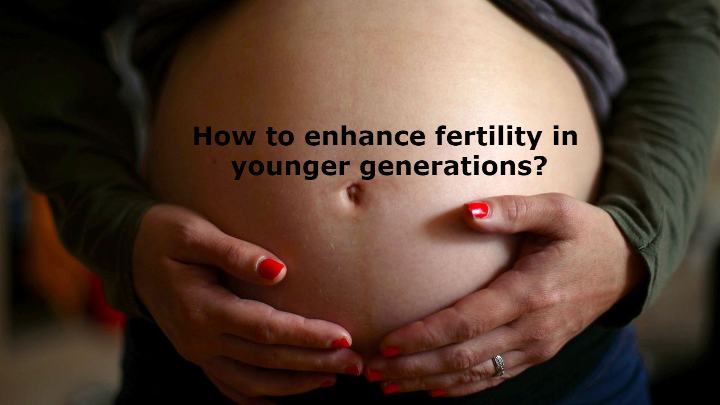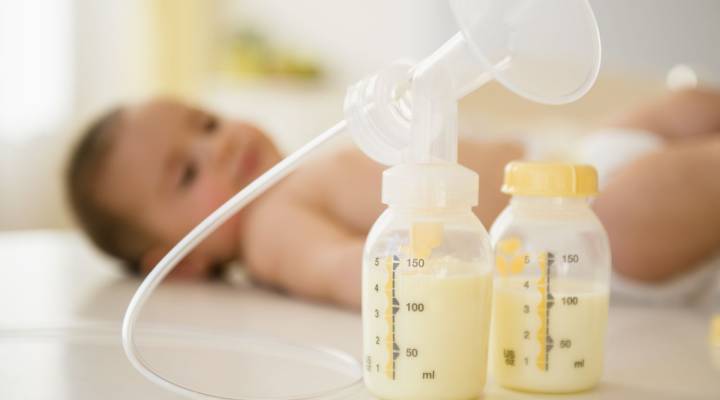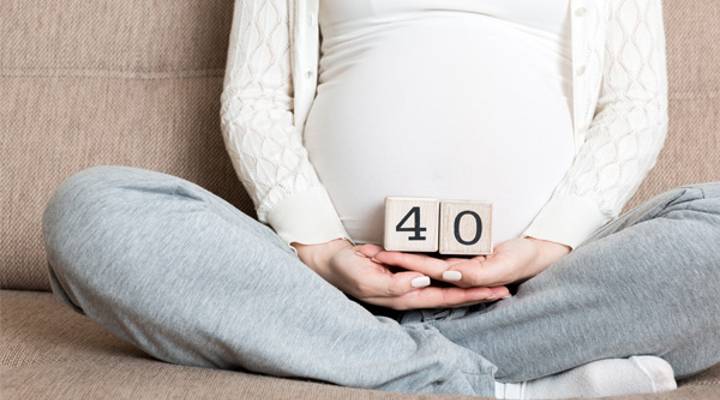Inter-Relation Between Menstrual Health & Fertility

Recognising the correlation between menstruation and fertility is crucial in providing women with valuable insights into their bodies and overall well-being. The ovulation and menstrual cycle are highly significant factors that can provide important information about reproductive wellness and general well-being. Quite a few of us have it rough when it comes to this natural cycle. Menstrual cycle abnormalities can cause pain, apprehension and frustration, and can cast a shadow over day to-day living. From occasional fluctuations to the complexities of fertility, every aspect of the menstrual cycle can have a notable impact on both physical and emotional well-being.
In today’s blog, we will explore the connection between menstrual cycle health and fertility, aiming to gain a deeper understanding.
What is the Menstrual Cycle?
When a woman ovulates or releases a mature egg once a month, her body gets ready for a potential pregnancy. This is known as her menstrual cycle. The typical duration of the menstrual cycle is 28-30 days, commencing with the onset of menstruation, which is characterised by symptoms such as cramps, mood swings, bloating, tiredness, and breast tenderness. Throughout the reproductive cycle, hormonal fluctuations govern the liberation of the egg from the ovarian cavity and facilitate the readiness of the uterine tissues for the potential reception of a fertilised egg (embryo) in the event of a pregnancy.
The hormones involved in menstruation and the process of preparing for pregnancy work together, starting with the release of estradiol once the egg reaches maturity.
Significance of Ovulation in Menstrual Cycle Disorders
A mature egg is released from the ovary during ovulation, which usually happens in the middle of the menstrual cycle. It’s an important part of fertility because it marks the best time to get pregnant. However, how are menstrual disorders related to issues with ovulation?
- Disruptive ovulation patterns can result in irregular ovulation and subsequent irregularities in menstrual cycles.
- Hormonal imbalances linked to ovulation disorders play a role in conditions like PCOS / PCOD.
- Anovulation, a condition characterised by the absence or irregularity of ovulation, can lead to impaired menstrual cycles.
- The presence of ovarian dysfunction impacts the secretion of hormones that are essential for the regulation of ovulation and the maintenance of a normal menstrual cycle.
- Ovulation disruption caused by conditions such as endometriosis can result in fertility complications.
- Abnormalities in ovulation frequently contribute to symptoms associated with premenstrual syndrome (PMS).
- The consistency and regularity of menstrual cycles are influenced by the time and occurrence of ovulation.
What Does the Menstrual Cycle Indicate Regarding Fertility?
Various menstrual aspects may potentially influence fertility and suggest possible risks. Certain conditions can be identified independently, while others may require the assistance of a physician for examination and diagnosis.
One recommended approach is to diligently monitor your menstrual cycles every month. Take note of the specific dates when your period begins and concludes, as well as any notable symptoms such as intense pain or excessive bleeding.
One important consideration to consider is the consistency of cycle length from month to month. Certain women may experience variations in their menstrual cycles, ranging from longer to shorter. However, as long as these variations are minimal and ovulation is confirmed, there is generally no cause for concern.
Observing the variations in your menstrual cycles and the duration of your menstrual cycle can provide valuable insights into your fertility status.
Extended menstrual cycles, lasting more than a week, may be a sign of an underlying medical condition or an absence of ovulation. Long periods can potentially be attributed to factors such as ovulation delays or the presence of polyps or fibroids. However, they can also indicate other potential concerns like cancer or infection.
It’s possible that ovulation is not taking place in women who are not getting a period at all. While underweight women are more likely to experience this, other medical conditions may also be to blame.
Various factors can contribute to irregular or absent cycles, such as elevated stress levels, varying body weights, polycystic ovarian syndrome, eating disorders, thyroid concerns, pituitary disorders, and intense exercise.
Ovulation issues are frequently the root cause of infertility challenges, and for many patients, medication and/or positive lifestyle changes can help restore ovulation.
Understanding one’s fertility is widely recognised as a valuable factor in facilitating women’s ability to conceive within a more efficient timeframe. Your menstruation may be your body’s method of letting you know something.
Several factors may contribute to the occurrence of regular menstrual cycles without resulting in pregnancy. Menstrual symptoms such as irregular flow, spotting, cycle length, and missed periods can all be indicators of a problem that could be harming your fertility. The positive aspect is that once a problem is identified, you can actively work towards resolving it.
For any fertility consultations you can connect with Fertility Dost







